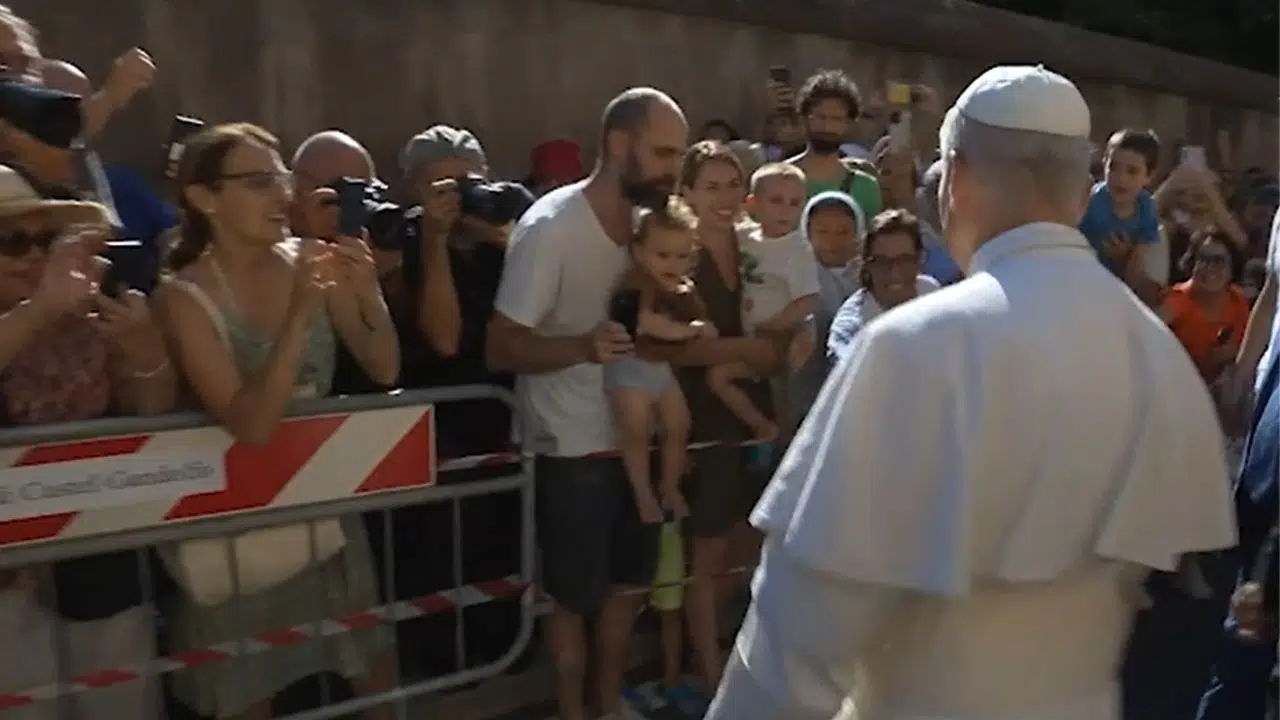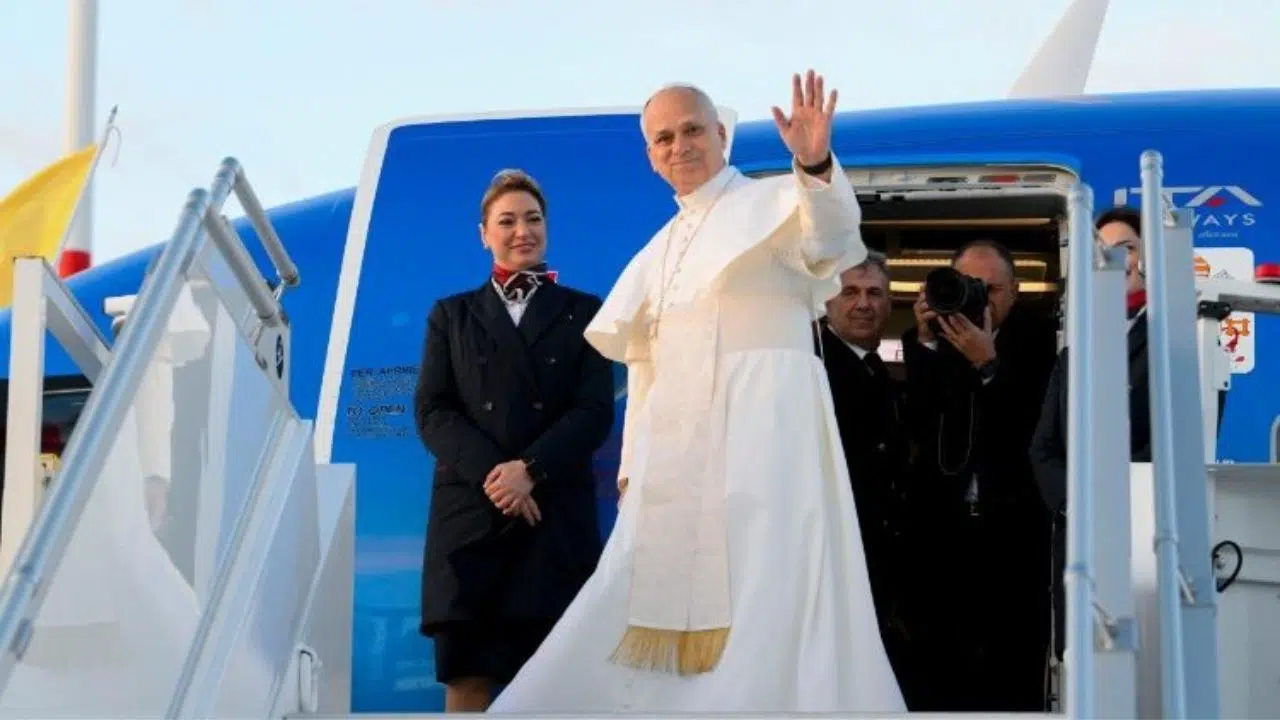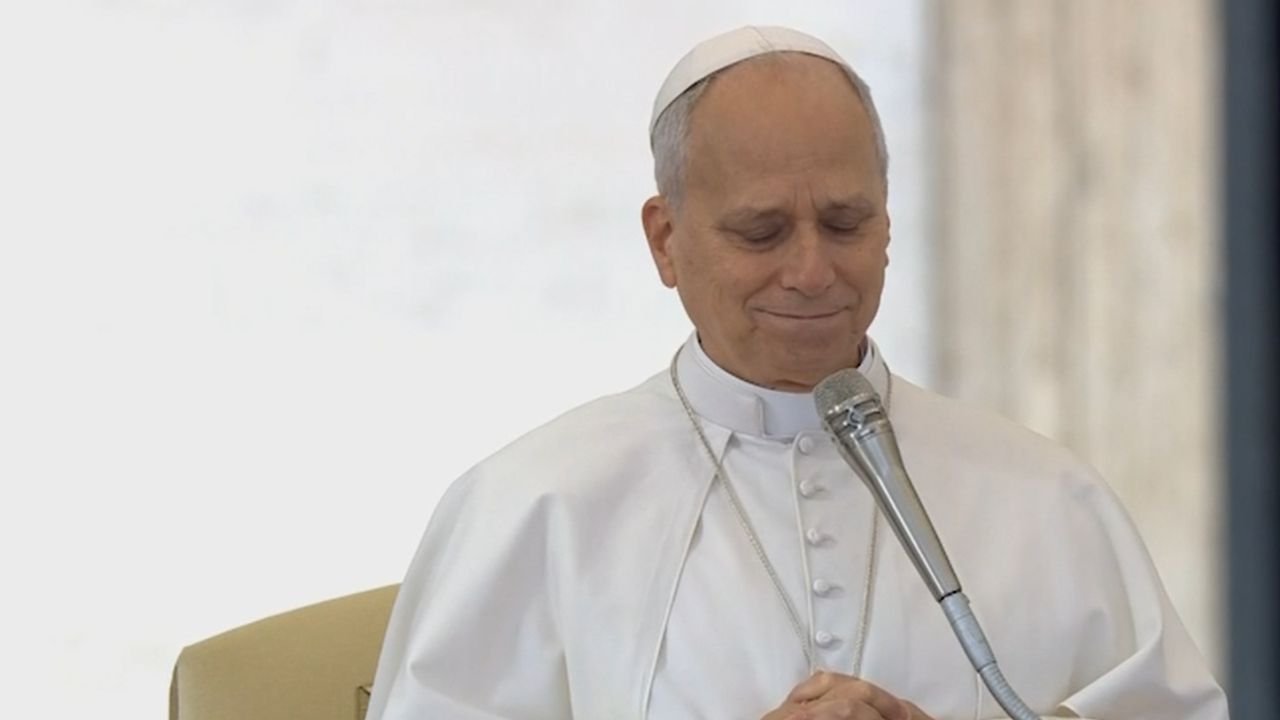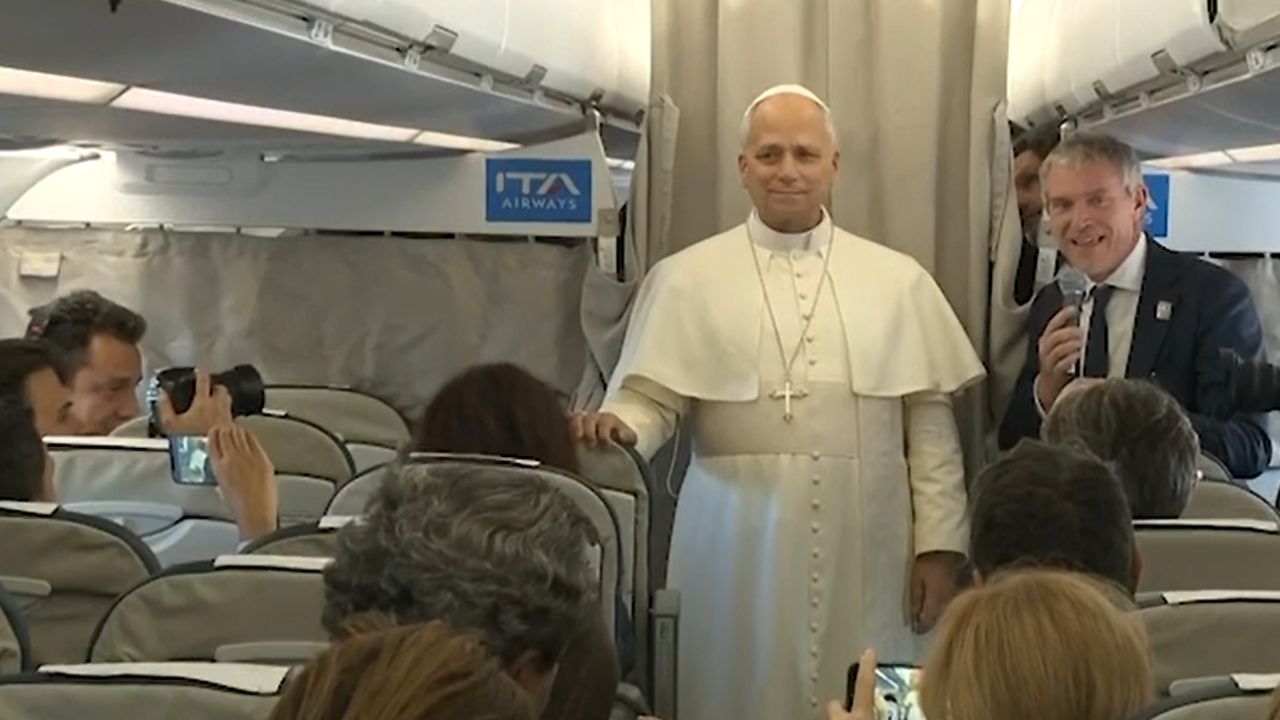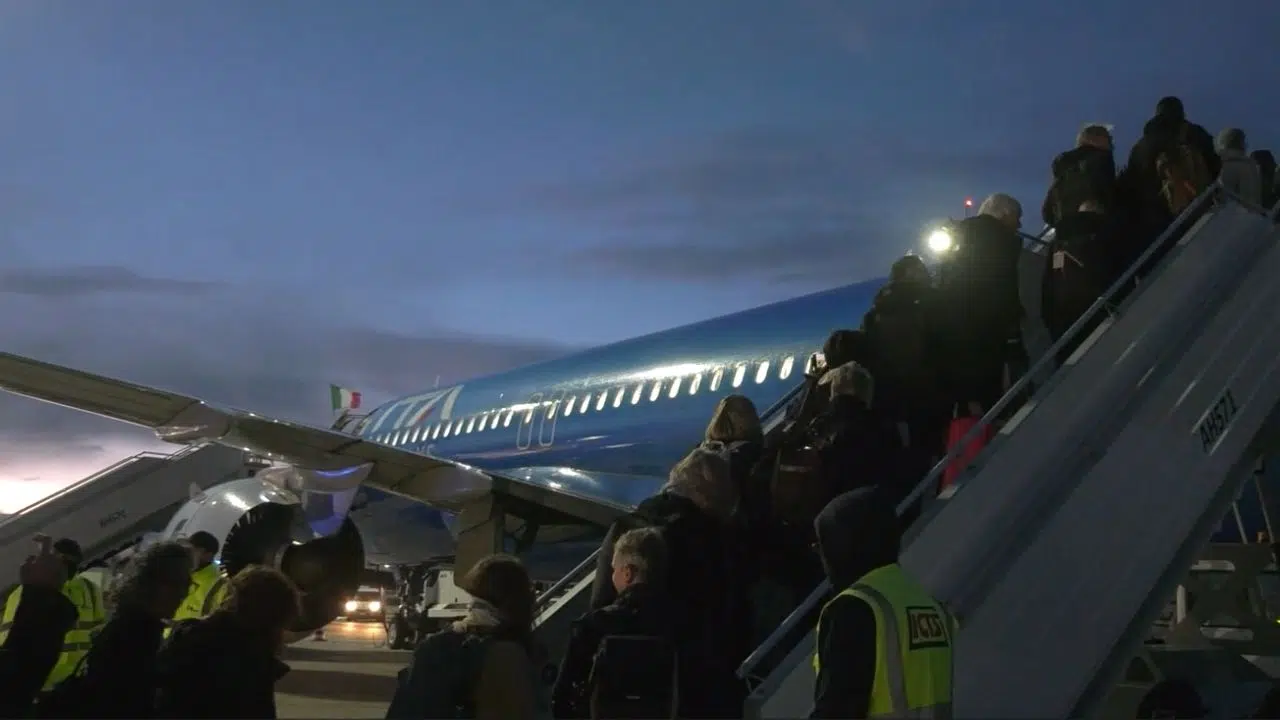The Vatican Pontifical Academy for Life is hosting an international workshop on diffusing palliative care around the world. Palliative care is intended to alleviate the suffering of people in the final stages of life.
DR. ADRIANA TURRIZIANI
Palliative Doctor (Rome)
“Palliative treatment is a combination of interventions: chemical, human, psychological... Palliative care is attentive to sufferings. It cares for the person and supports the patient's family.”
One of the key issues being discussed at this year's workshop is global access to palliative care.
DR. CHRISTOPHER OSTGATHE
President, European Association for Palliative Care
“We see that 86 percent of patients worldwide who have a palliative care need don't receive palliative care. Even in Europe, we have in the rich countries, good access to palliative care, and we see a lot of countries, especially in Eastern Europe, where patients don't receive the palliative care they need.”
DR. ADRIANA TURRIZIANI
Palliative Doctor (Rome)
“The biggest challenges are surely tied to individual countries' laws and institutions, and the implementation, organization and coordination of treatment. But the biggest challenge, I think, is painting palliative care in a positive light, because palliative care services protect and accompany the person. They reinvent different forms of therapy, step by step.”
The other big issue on the table is the legalization of physician-assisted suicide. It's unlikely that these laws will be reversed, which is why palliative care providers are trying to offer a desirable alternative to people considering euthanasia.
DR. CHRISTOPHER OSTGATHE
President, European Association for Palliative Care
“We get their breathlessness addressed, anxiety, working on psycho-social aspects. And this is my clinical experience, that if we really solve these problems and have an answer for those patients, then the request for any procedure towards hastening death really gets into the background. We are not focusing on dying. We are focusing, with our patients, on living.”
Medical experts and public policy figures are among the more than 300 participants representing different countries around the world.
CT
AA


